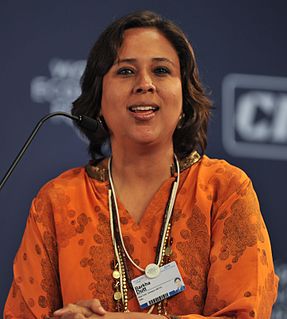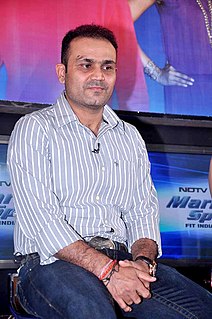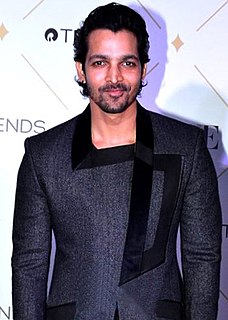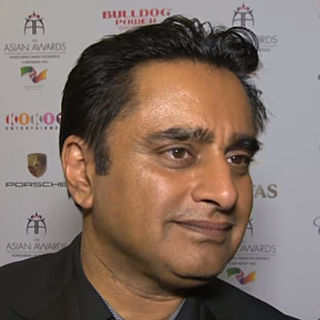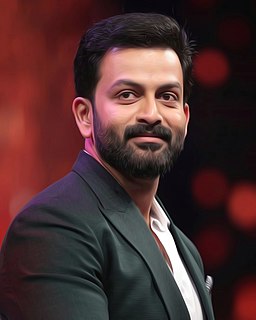A Quote by Barkha Dutt
Hindi news is much more determinedly populist and lowbrow than the English channels.
Related Quotes
I think musicals are a lowbrow, populist art form. And I don't mean lowbrow in a condescending way at all - they are designed to create delight, wonder, joy, surprise. And what becomes really interesting is when innovative or challenging or smart people take it and use the easy runway that the form allows to take people to another planet, or another place. Or subvert it in some way.
In Germany, a country that for obvious reasons is far more attuned than most to the dangers of demagogy, populism, and nationalism, lawmakers have already proposed taking legal measures against fake news. When populist, nationalist fake news threatens the liberal democratic center, other Europeans may follow suit.
My mother had been an English teacher in India before she came to the U.K., and she taught me to read early on - not only in English, but in Hindi, too. My teachers didn't like the fact that I was reading more quickly than they were teaching, and as a consequence, I would sometimes get bored in class.
I remember breaking the news to both my parents that I wanted to be a director, and they both looked very doubtful. They didn't know what a closet Hindi film buff I was. I used to dance to old Hindi films songs on the sly, so my decision to be a part of Hindi cinema was shocking even for my parents.
